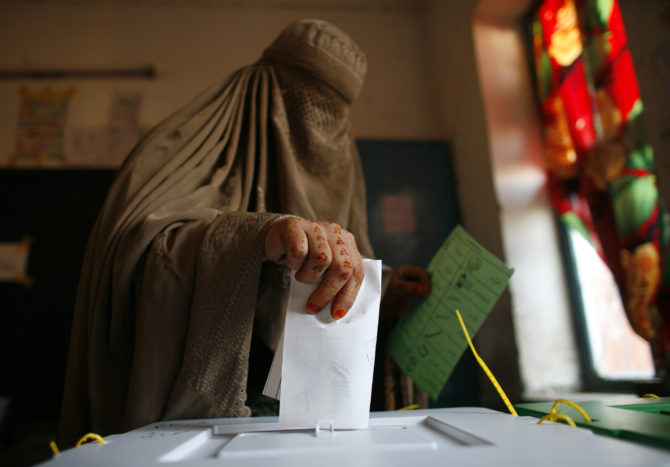
“Magistrate: And where do you get off taking an interest in war and peace?”
Jeffrey Henderson, Three Plays by Aristophanes: Staging Women, Second Edition, Routledge 2010
or as put by former US Secretary of the Treasury and Chief of Staff in Reagan’s Administration, Donald Regan:
“Women aren’t going to understand missile throw-weights or what’s happening in Afghanistan or in human rights.”
It is perhaps a been-there-done-that sort of argument, but the noticeable dearth of women in the foreign/security policy and strategic community in India, particularly the nuclear strategic community, is worth a mention. The intention of the above quotable quotes (both by men) is not of course to squarely blame them for the poor representation of women in international security affairs, nor is it to claim that things are not better, in general, than they were before: the US, for instance, seems to be doing a pretty good job of appointing women to high-profile nuclear positions. We are also not trying to deny agency to women, who are, after all, just as susceptible to reinforcing the characterisation of the ‘masculine’ nature of nuclear weapons (and thereby violence, aggression, and a militaristic outlook).
Among senior professionals (that include policy-makers, scientists, retired bureaucrats, retired military personnel, and academicians) who directly contribute to and/or comment authoritatively on Indian nuclear weapons policy, the number of women can be counted on the fingers without exhausting both hands. If one were to go by looks alone, nuclear experts in India have given the impression of an old boys’ club.
Male domination and gender biases are not novel to nuclear security scholarship and neither is the phenomenon unique to India. Feminist scholars and security studies experts like Dr. Carol Cohn have explained how nuclear weapons have been developed, deployed and discussed in a highly gendered political context, right from their inception into the international system. Deterrence theory and nuclear deterrence, which have been the most powerful logic for the possession, preservation and proliferation of nuclear weapons, is a masculinised discourse.
It has been observed that while topics like nuclear strategy and tactics, nuclear war-fighting, deterrence relations, armament and technology together become a men’s zone for engagement, women tend to contribute to disarmament, non-proliferation, confidence-building measures and other ‘peripheral’ issues. The few women who do deliberate upon military and strategic matters are characterised as ‘masculine’, re-confirming the gendered identity of the field. In India, these stereotypes are perpetuated by both genders. In a typical conference setting in New Delhi, the make-up of attendees is particularly instructive and demands distinction: young scholars (a lot of whom are female, which is an excellent development) and older scholars and commentators, all of whom, with very few exceptions, are male. There is clearly a growing interest in security studies, which should contribute to a more gender balanced academia in the long-run. However, it is unclear whether this extends to the practice of nuclear policy-making. As earlier stated, this does not look likely.
A reference from ancient Greece applies particularly well to the current scenario. In Aristophanes’ Lysistrata (from where the first quote is derived), the titular character persuades women to initiate a sex strike-for-peace so the warring men can be induced to come to the negotiating table and end the Peloponnesian War. While Aristophanes probably did not mean for it to be read as a feminist/anti-war text, it has come to be interpreted as such. Male authority is challenged not because war is bad but because there are no men left in Athens. As a leader, Lysistrata’s character assumes distinctly ‘masculine’ proportions, which puts her at odds with the ‘regular’ women of Athens. Apart from associating women with peace-making and equating power with masculinity, Lysistrata also demonstrates how these roles often go unchallenged by the sexes.
Be it domestic compulsions, professional hazards, lack of interest or the quest for more intellectually gratifying scholarship, many women scholars in the field of nuclear weapons studies in India have so far kept away from the number-crunching and strategy-making discussions that seem to have appeared much more attractive to their male counterparts. In nuclear policy-making, their representation, sadly, is even poorer.
***